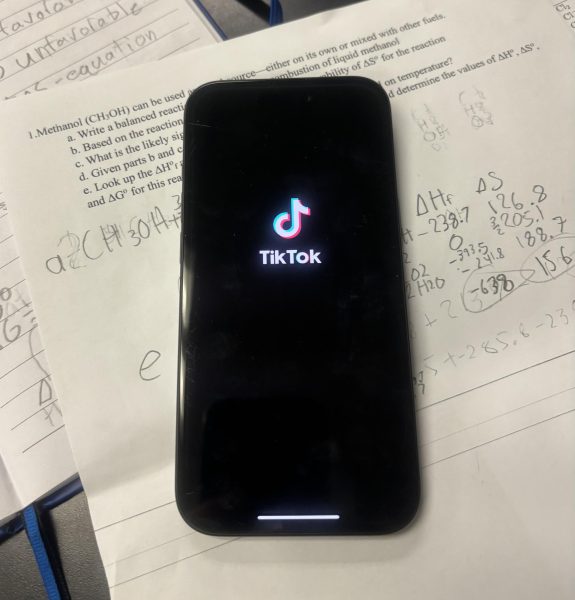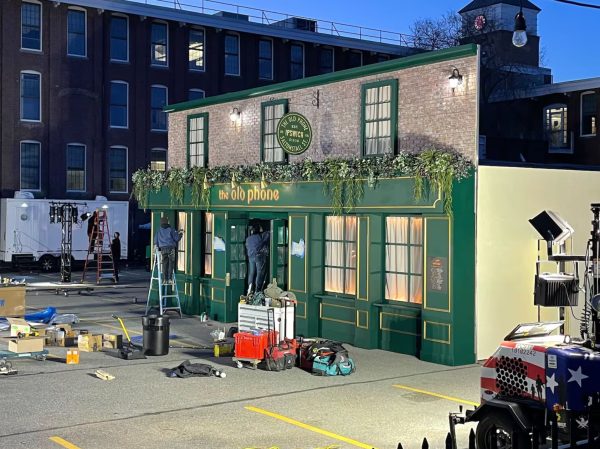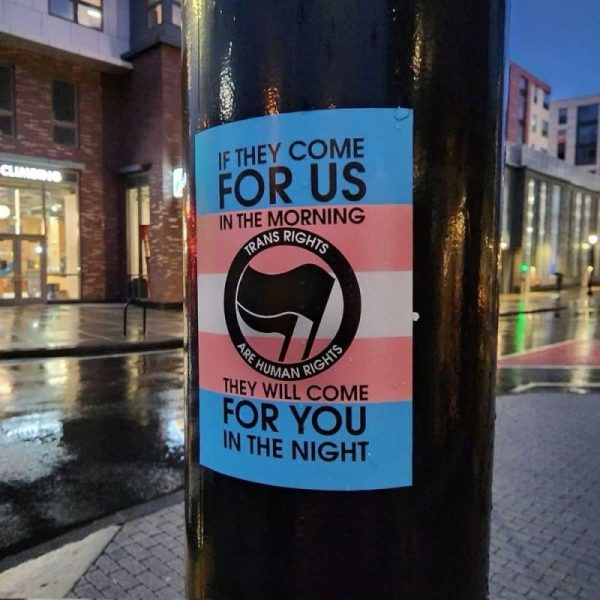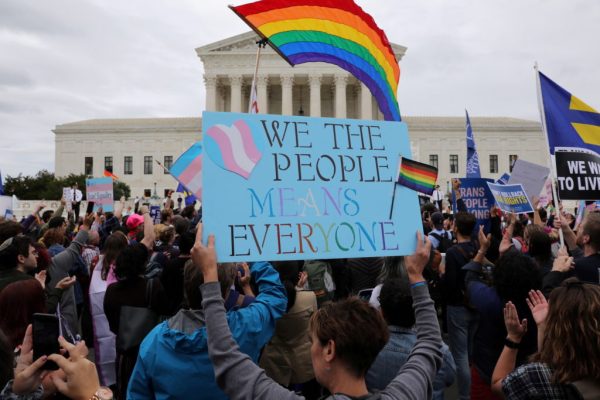Massachusetts on the “Ban” Bandwagon

Among the items being considered to be banned in Massachusetts are straws, plastic bags, e-cigarette products, and even verbal insults.
Massachusetts has been starting to follow the modern way of policing the public, by simply creating bans.
What seems like a radical idea to some in republican states is nothing out of the ordinary when living within a predominantly democratic state. Over the last couple years, Massachusetts seems to have been following the trends of the “ban” culture that originated in states such as New York and California. This includes banning physical items that are known to have lasting damage to the environment, to banning things such as words one can and cannot say without receiving a fine.
Items that have been showing up within state legislation as potentially being banned have been things such as the prohibition of plastic straws, plastic bags, and the newest proposal, the banning of balloons. Massachusetts has also gone as far as to reviewing a proposal of banning the word b****, a vulgar term for a woman.
Some say the public should vote on the consideration of banning something before enacting it. Some might even suggest that denouncing words is a threat to free speech and is unconstitutional. But others believe that the banning culture is a necessity to a better way of life.
In a proposed law, “An Act Relative to Helium Balloons” filed by State Representative, Sarah Peake, a Provincetown Democrat, it states, “this act would ban the sales of balloons filled with gases like helium that environmentalists say, when released to the sky, pose serious and potentially fatal risks to wildlife.”
“I feel that putting legislation into place is important when it comes to environmental risks,” said Dr. Ellen Moore, science teacher. “When it gets to the point where something that is largely used becomes a health issue and not only threatens humans, but other species, we need to have the obligation to enforce legislation that protects the overall health of the community.”
As well as banning items and products that create a risk to the health of the environment, the recent battle to ban the sale of all e-cigarette products has sparked controversy within state legislative branches and the citizens.
“If we banned everything that was bad for people and for the environment we would be banning a lot of things,” said Mrs. Carla Wagner, academic support teacher at the high school. “Vaping is something we do not know much about yet, so the temporary ban might make sense while we continue to learn, and educate users about the effects.”
Many have criticized the recent proposal to ban the word b**** in Massachusetts, and the recent proposal that was accepted in New York City to make the terms “illegals” and “illegal alien” a crime. They say that a heavy fine along with a known word that some find “offensive” are on the verge of violating free speech.
The New York City proposal specifically states, “these terms are no longer to be used to demean, humiliate, or harass a person based on their citizenship status and their limited English proficiency.” Banning the word b**** in Massachusetts is said to no longer be used to “accost, annoy, degrade, or demean another person” and was put into place by State Representative Daniel J. Hunt , D-Boston.
“I think people have a right to their opinion, but I think there’s a difference between that and hate speech. Banning certain words and sayings is a slippery slope due to this being unconstitutional, but there needs to be lines drawn,” said Ms. Jennifer Scott, Spanish teacher. “We really just need to determine what’s hate speech, slander, and defamation before considering enacting such a ban”
Massachusetts has been trying to find who they stand for within the last few years within politics and rules and regulations, and it’s simply not ending anytime soon. Some think it’s just the start. “I think Massachusetts, California, and New York, see eye to eye on different topics, but we are definitely in closer line with New York,” said Moore.

Hi! My name is Nick Pagliarulo and I currently attend Triton High School. I am a Junior and this is my first year being a part of the Triton Voice journalism...










